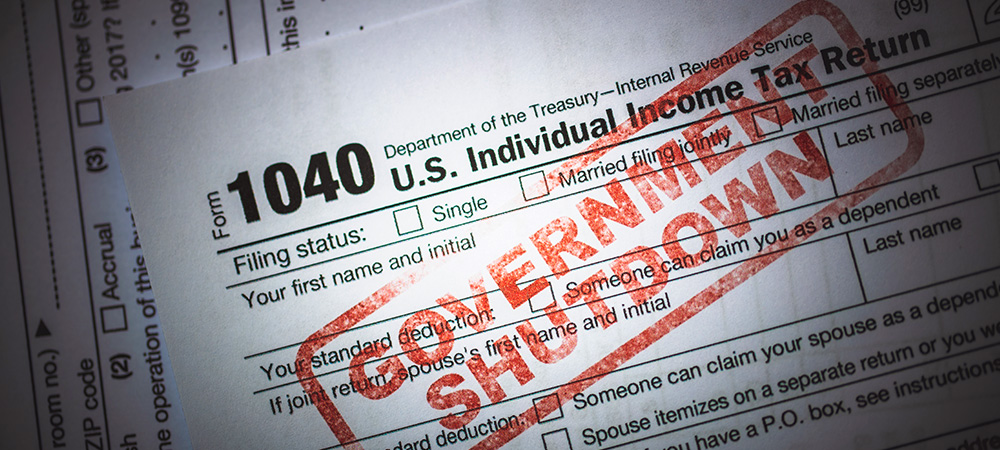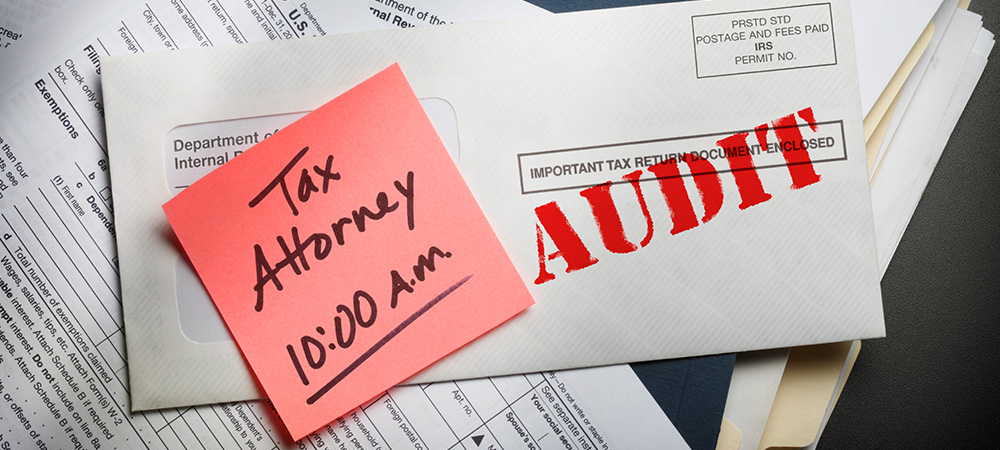Facts To Know When The IRS Sends A Private Debt Collection Service To Collect On IRS Debt.
Facts To Know When The IRS Sends A Private Debt Collection Service To Collect On IRS Debt.
You would think that with all the fraudulent calls being made by parties presented themselves as working for the IRS to scam taxpayers out of money, the IRS would crackdown on this problem and tighten its reins. But instead the IRS does the opposite and began a new private collection program of certain overdue federal tax debts selecting four contractors to implement it.
IRS Using Private Collection Agencies For the Collection Of Outstanding Inactive Tax Receivables
The new program, authorized under a federal law enacted by Congress, enables these designated contractors to collect, on the government’s behalf, outstanding inactive tax receivables. Authorized under a federal law enacted by Congress in December 2015, Section 32102 of the Fixing America’s Surface Transportation Act (“FAST Act”) requires the IRS to use private collection agencies for the collection of outstanding inactive tax receivables. As a condition of receiving a contract, these agencies must respect taxpayer rights including, among other things, abiding by the consumer protection provisions of the Fair Debt Collection Practices Act.
This is not the first time that Congress has authorized the IRS to out-source its collection functions and each time the IRS has tried to out-source collections they have failed miserably. After all the IRS is the most powerful debt collector in that without formal court action can quickly file tax liens and levy your accounts and garnish your sources of income without any consideration of how much you need to pay bills or obligations.
So this time the IRS says that the type of taxpayer accounts that will be turned over to private collection are those where taxpayers owe money but the IRS is no longer actively working their accounts. Several factors contribute to the IRS assigning these accounts to private collection agencies, including older, overdue tax accounts or lack of resources preventing the IRS from working the cases. So if the really difficult accounts are being turned over for private collection, what tactics do you think that private collectors may take to secure payment from taxpayers and how are taxpayers supposed to know they are dealing with an authorized contacted agent versus a scam artist?
The IRS says it will do everything it can to help taxpayers avoid confusion and understand their rights and tax responsibilities, particularly in light of continual phone scams where callers impersonate IRS agents and request immediate payment. So the IRS will give each taxpayer and their representative written notice that their account is being transferred to a private collection agency. The IRS will then send a second, separate letter to the taxpayer and their representative confirming this transfer. Private collection agencies will be able to identify themselves as contractors of the IRS collecting taxes.
Employees of these collection agencies must follow the provisions of the Fair Debt Collection Practices Act and must be courteous and respect taxpayer rights. Furthermore, private collection agencies will not ask for payment on a prepaid debit card. Taxpayers will also be informed about electronic payment options for taxpayers on IRS.gov/Pay Your Tax Bill. Private collection agencies will not ask for payment on a prepaid debit, iTunes or gift card. Taxpayers will be informed about electronic payment options for taxpayers on IRS.gov/Pay Your Tax Bill. Payment by check should be payable to the U.S. Treasury and sent directly to IRS, not the private collection agency.
Authorized Private Collection Agencies
The IRS has selected the following contractors to carry out this program:
- CBE
P.O. Box 2217
Waterloo, IA 50704
1-800-910-5837 - ConServe
P.O. Box 307
Fairport, NY 14450-0307
1-844-853-4875 - Performant
P.O. Box 9045
Pleasanton CA 94566-9045
1-844-807-9367 - Pioneer
PO Box 500
Horseheads, NY 14845
1-800-448-3531
Taxpayer Accounts Not Assigned To Private Collection Agencies
The IRS will not assign accounts to private collection agencies involving taxpayers who are:
- Deceased
- Under the age of 18
- In designated combat zones
- Victims of tax-related identity theft
- Currently under examination, litigation, criminal investigation or levy
- Subject to pending or active offers in compromise
- Subject to an installment agreement
- Subject to a right of appeal
- Classified as innocent spouse cases
- In presidentially declared disaster areas and requesting relief from collection
Private collection agencies will return accounts to the IRS if taxpayers and their accounts fall into any of these 10 situations after assignment to the private collection agencies.
Opting Out Of Private Collection Agencies
If you do not wish to work with the assigned private collection agency to settle your overdue tax account, you must submit a request in writing to the private collection agency.
What Should You Do?
While I am skeptical that the outcome of this program will be any different than previous collection out-sourcing programs, we see it as an opportunity to provide taxpayers with a chance for a better resolution than what the IRS could offer. The tax attorneys of the Law Offices Of Jeffrey B. Kahn, P.C. located in Orange County (Irvine), San Francisco Bay Area (including San Jose and Walnut Creek) and elsewhere in California know exactly what to say and how to handle issues with the IRS as well as State Tax Agencies. Our experience and expertise not only levels the playing field but also puts you in the driver’s seat as we take full control of resolving your tax problems. Also, if you are involved in cannabis, check out what our cannabis tax attorney can do for you.










 Follow
Follow Follow
Follow